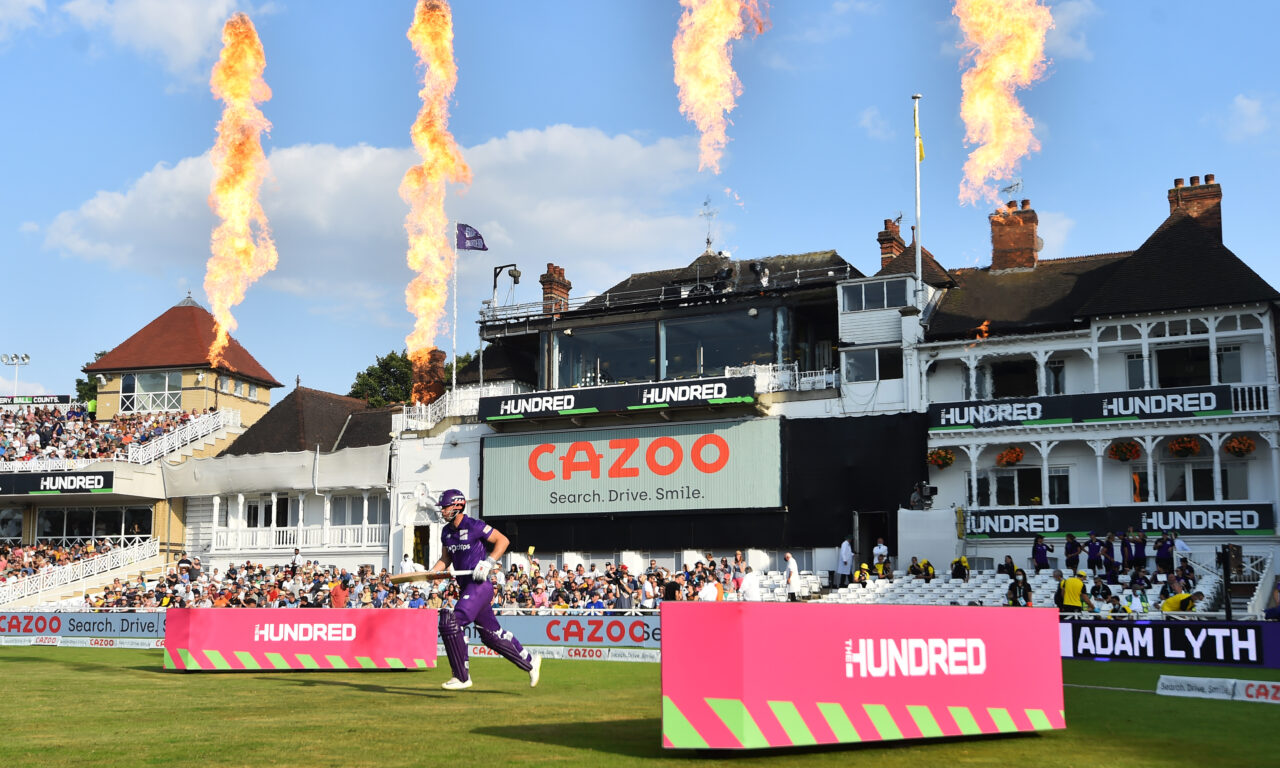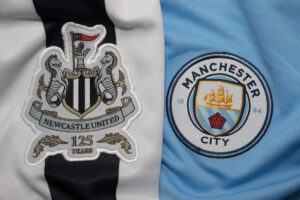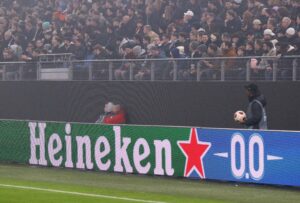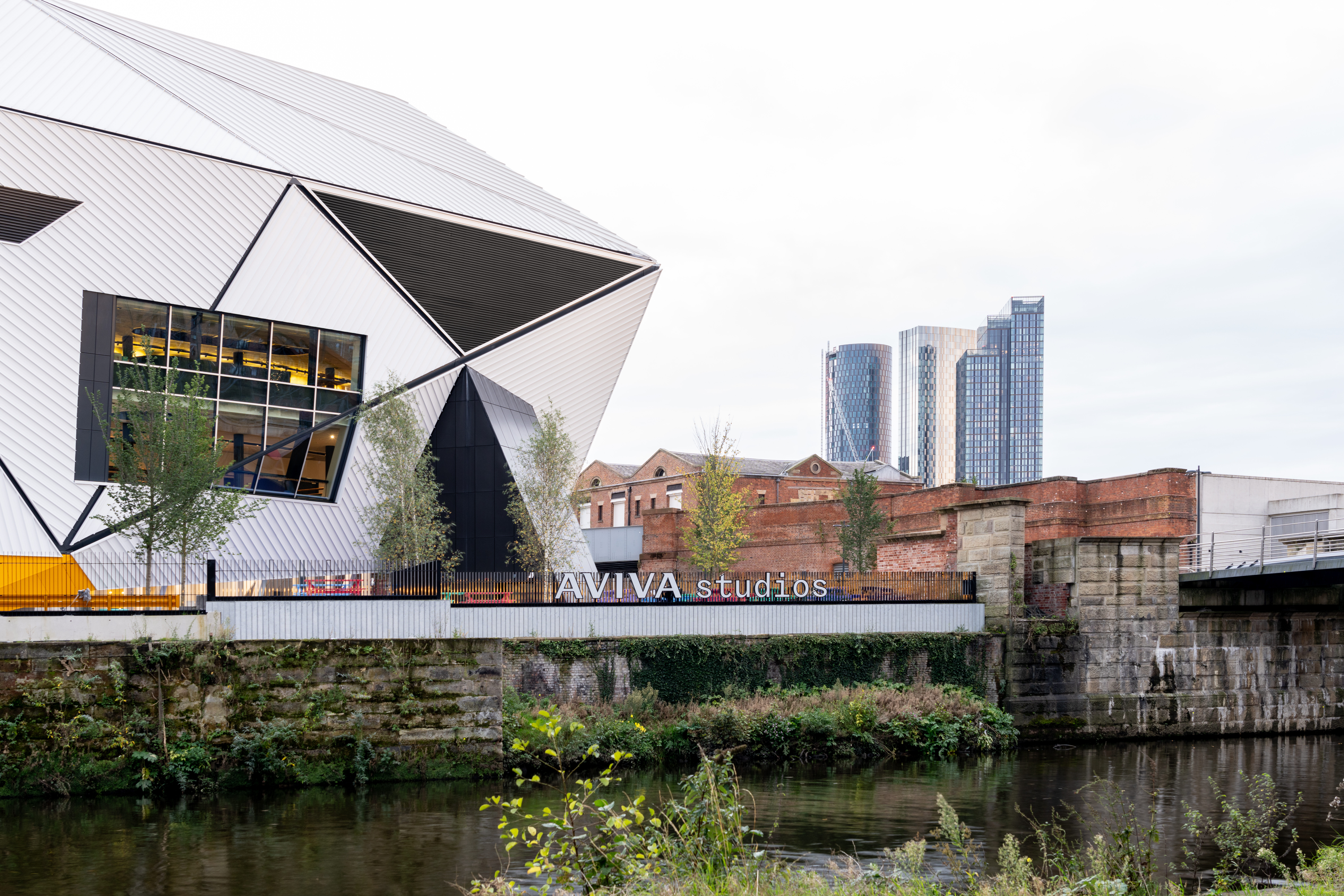More is less: the risks of a broad sponsorship portfolio that neglects brand alignment

Following a ‘State of the Industry’ report from Kore Software, the question marketing teams have been asking is this: is it better to increase partners, or assemble fewer partners with more focused campaigns?
A striking conclusion from the report suggests that despite a 3% increase in spending since 2019 ($273k-$326k avg. spend per deal), we’re seeing a continued trend in consolidated partnerships. So much so, that there has been a 17% decrease in partners per brand across sport, despite the spending uptick. In short: brands are committing to top performers, with a shifted focus towards long-term objective setting and planning. This is further evidenced by concurrent increases in the average deal length.
Thinly spread, diffuse portfolios are more difficult to measure and could be indicative of undetermined brand values, making strategic alignment a challenge. Being selective is not pedantic - it’s a sign of brand confidence. When brands and rights holders are aligned on the values in place and the frameworks to measure their objectives, the results become easier to manage and scale. According to Kore, “Organisations that establish systems to measure sponsorships can optimise their brand awareness, activations, increase customer loyalty and generate up to a 10% ROI.”
EY and the Case for Consolidation
EY’s ten-year partnership with the Tate and its near-thirty-year support for the arts make it one of the sector’s longest-standing corporate sponsors. According to Senior Partner Michel Driessen, the partnership has created a deep connection with the brand, "If you ask clients, what do you associate with EY beyond the audit and consulting services in a non-tangible way, our support of the arts and cultural sector comes back very quickly. The key to implementing such a partnership is understanding the brand and strategizing from there: “What is your identity? What do you stand for? When it comes to corporate sponsorships, it’s easy to get the wrong exposure in today’s world through social media, Instagram, Twitter, or whatever. Therefore, it’s vital that your mission and values connect with that of the institution or exhibition you intend to partner with.” Defining core values as the jumping off point for a campaign leads to lasting and engaged partnerships. To read more on sponsorship of the arts, see our interview with Michel here.
BET365 Brand Awareness at all Costs
But for companies whose central aim is brand awareness, a wide sponsorship wingspan across sports isn’t such a bad idea. Bet365’s presence throughout the world of sport has grown in scope in recent years. Since 2018, the online gambling platform have partnered with four Premier League clubs, ten La Liga clubs, UK Greyhound Racing, UFC, Spotlight Sports group and several others. When their product aligns so well in terms of function rather than, necessarily, ‘values,’ a more direct approach based on expanding recognition makes natural sense. In these campaigns, the hard focus is on placing their logo on everything from team buses to stadium facilities to social media platforms. The fact that Bet365’s product is practically relevant to multiple sports means that they can afford a campaign premised on pervasive branding.
Cazoo and Reasons to be Cautious
While Bet365 have enjoyed success with a varied portfolio, spreading thinly over too many partners can also have an adverse long-term effect. Online car retailer, Cazoo, have made themselves well-known in the sports sector since being founded in 2019. Their recent scaling back, however, implies a sequence of mismanaged campaigns.
Cazoo’s strategy was driven by hyper-growth and brand awareness, with an extensive sponsorship portfolio covering clubs in football’s top-flights across Europe’s top five leagues. As of May 2022, Cazoo boasted partnerships with 11 different rights holders covering more than 25 properties across nine sports, including cricket, rugby union, darts and snooker.
In June of last year, Cazoo announced a business realignment plan for Europe, designed to ‘right-size’ the company and reduce cash burn. With approximately 750 roles at Cazoo impacted, the company have been forced to change their sponsorship approach. Instead, they will continue to invest early, but at a reduced scale.
Cazoo’s inflated sense of position is an important lesson in understanding expectations and scale. Unlike Bet365, Cazoo is not natively relevant to the sports they run through. The long-term viability of their deals therefore receded as it continually failed to address audience traction throughout its portfolio. The result of their costly mistakes: plans to slash the brand to one-third of its marketing spend.
Photo credit: Cazoo









